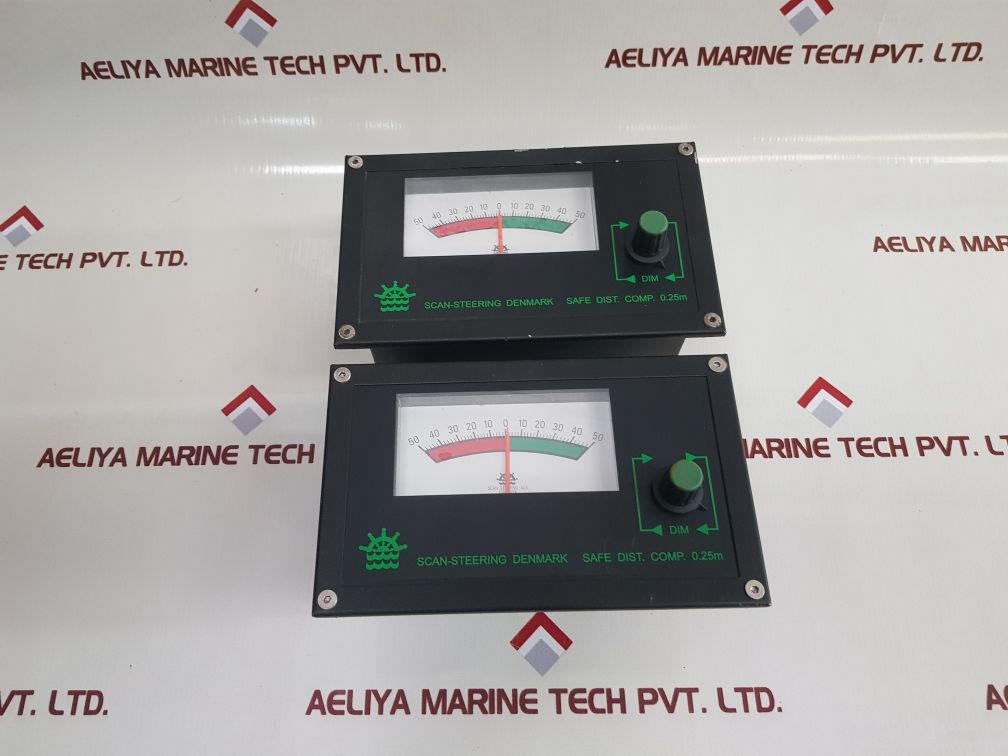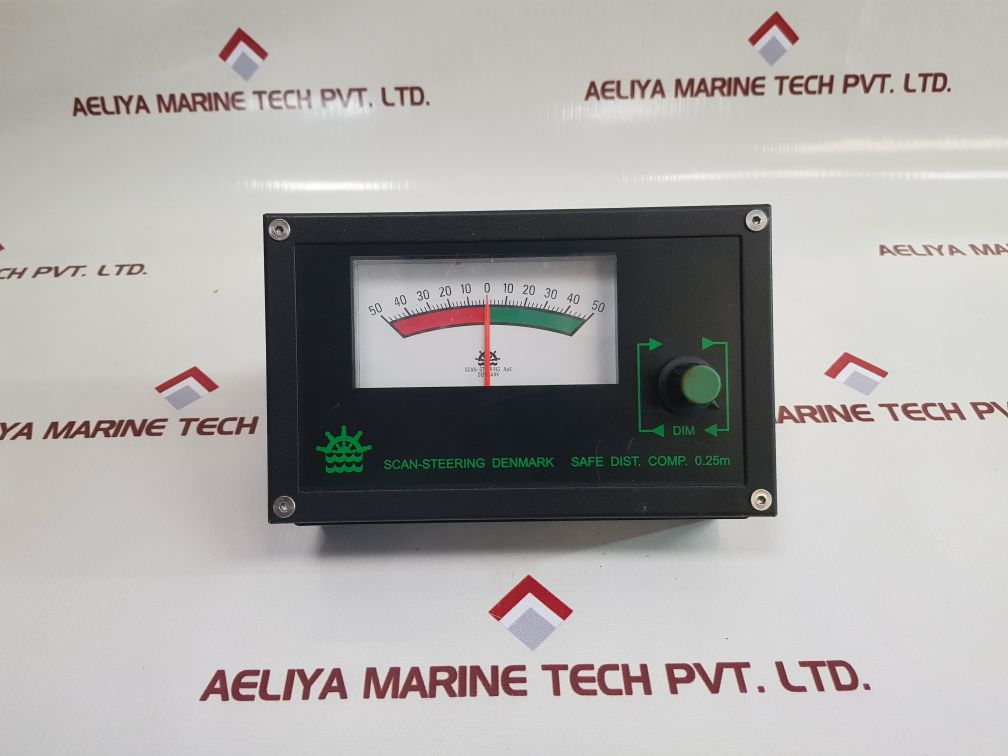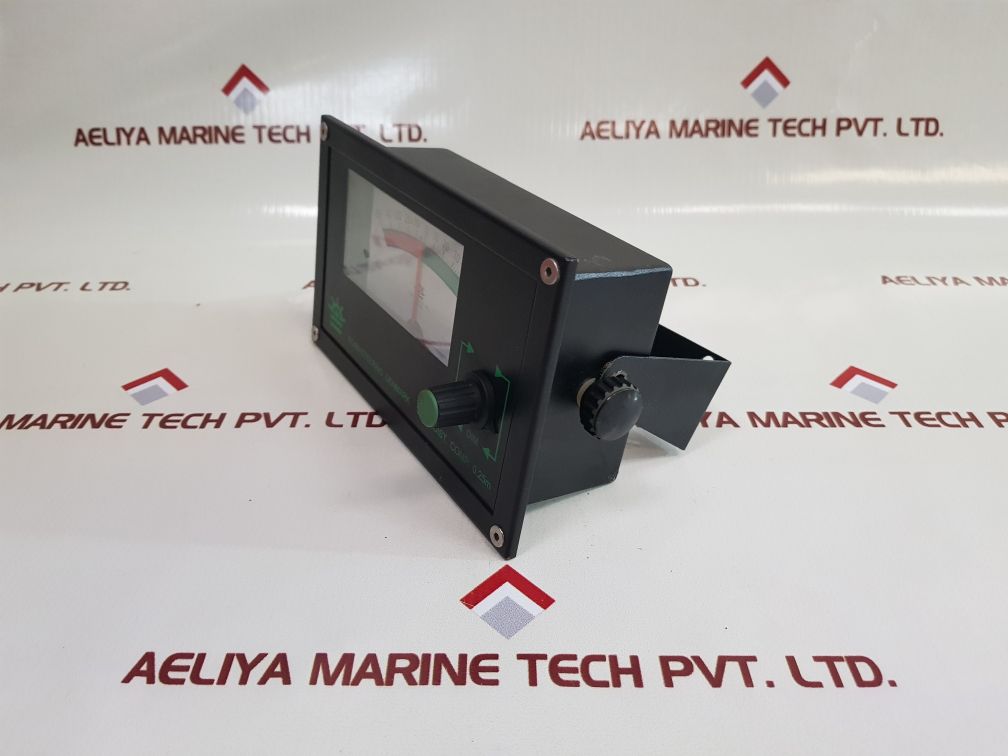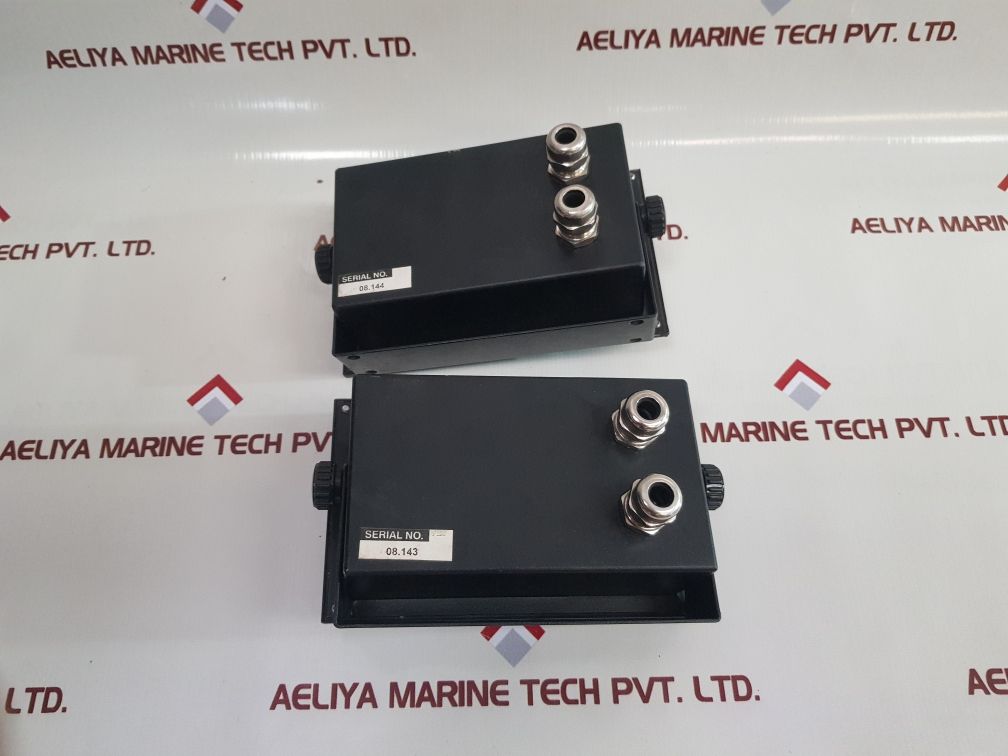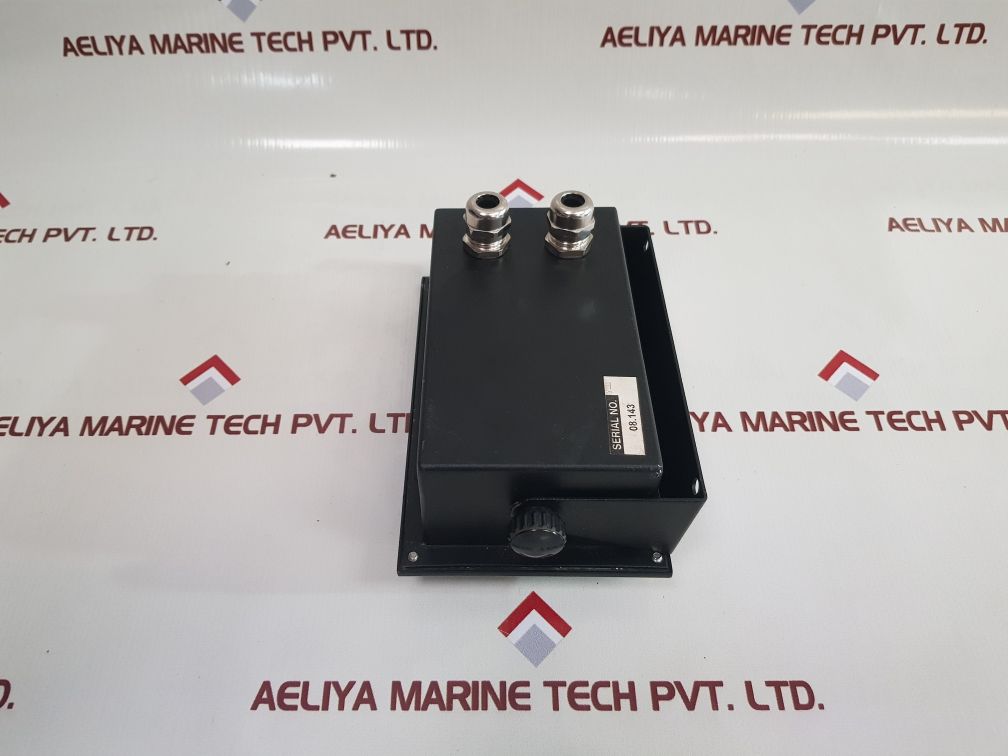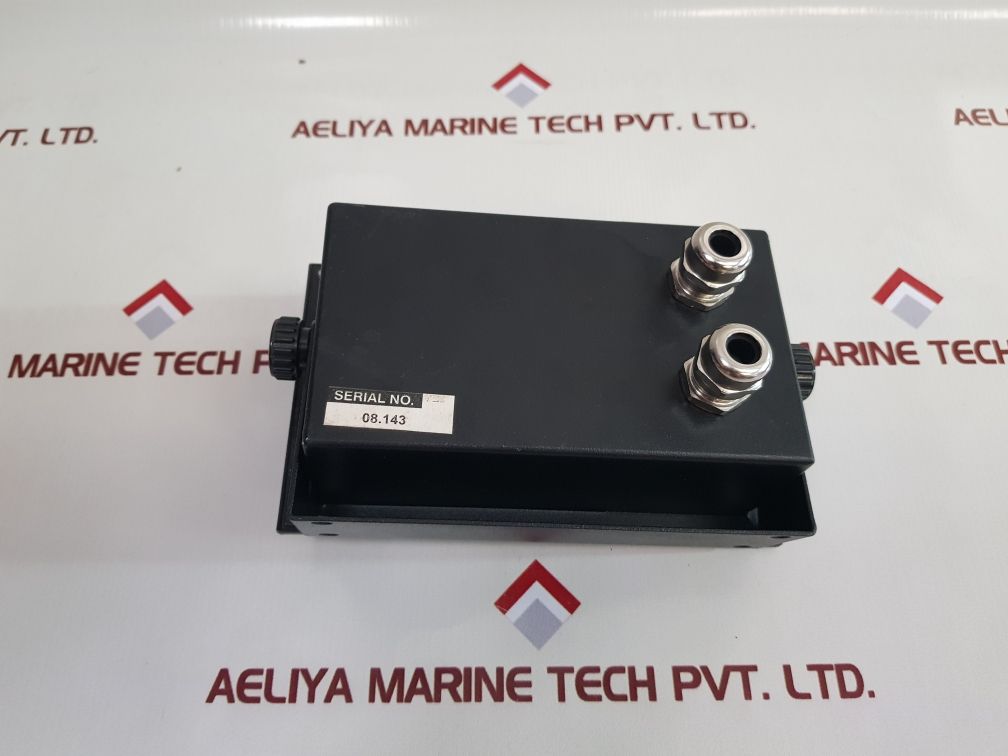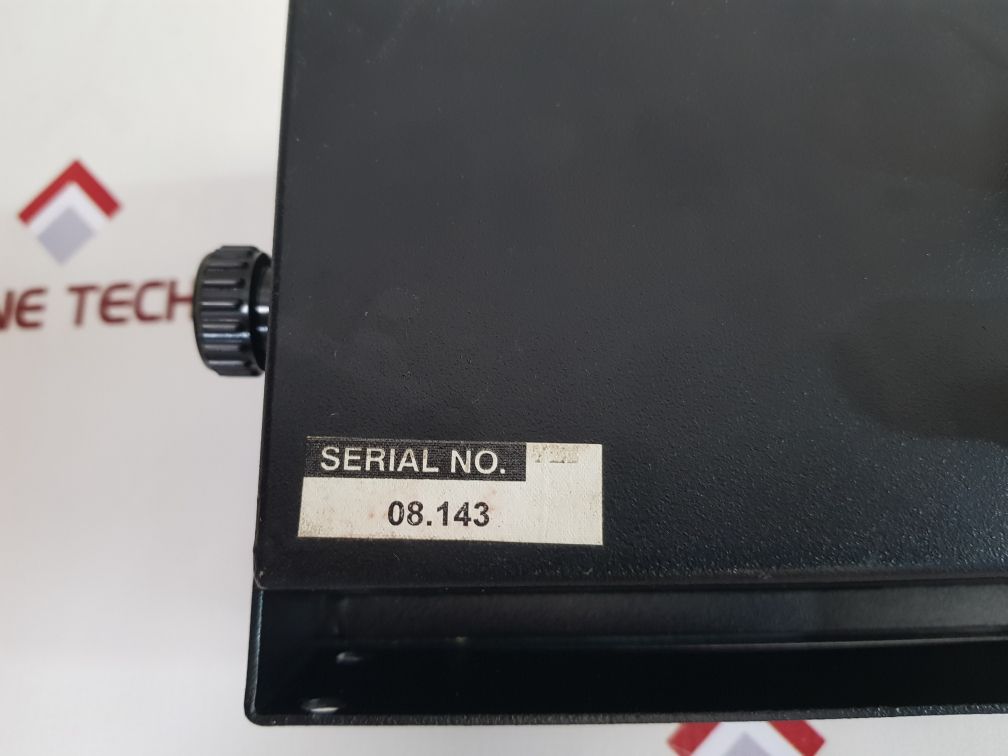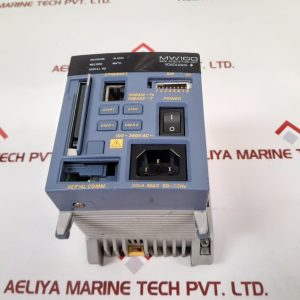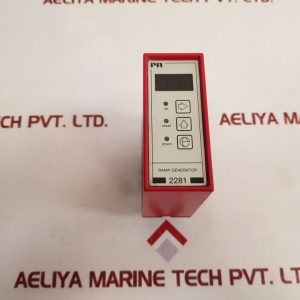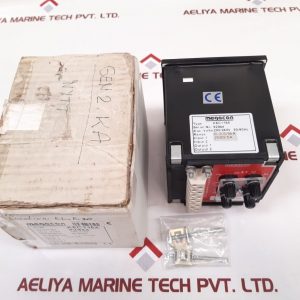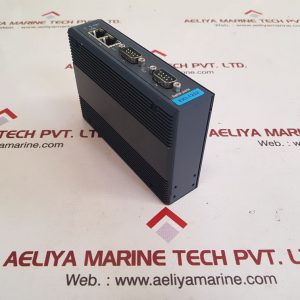| Attribute | Value |
|---|---|
| SCAN-STEERING | 50-0-50 |
| SCAN-STEERING APS | 50-0-50 |
| SAFE DIST. COMP. | 0.25M |
| Country | Denmark |
| Weight | 870 GM |
| Condition | Used 2 PCS |
| Ref No | 36387 |
Understanding SCAN-STEERING 50-0-50
At its very basic level, SCAN-STEERING 50-0-50 is a signal modulation and steering technique used to optimize the directional control within a specific range. The number designation ’50-0-50′ denotes the steering angle spectrum. In this sense, 0 denotes the middle or baseline and 50 on both sides of it denote the extent of the angular range.
It also plays an important role in applications that require accuracy and adaptability. Whether is used in phased-array antennas for communication systems or high-end sensors for autonomous vehicles, SCAN-STEERING differs from others because it offers unmatched efficiency in handling directional inputs.
Key Features of SCAN-STEERING 50-0-50
Precision Control: The strategy allows adjustments at a highly defined angular spectrum so that accuracy in targeting or data acquisition comes into play.
Dynamic Flexibility: SCAN-STEERING can change rapidly in real-time, making it an extremely valuable application in situations such as meteorological monitoring, defense systems, and autonomous navigation.
Increased Coverage: The system covers the 50-0-50 angular range completely without sacrificing performance.
Applications
1. Radar Systems
Modern radar systems use SCAN-STEERING to acquire and track targets. This dynamic steering of the beam across a 100-degree field ensures that the information gathered is accurate and reliable, especially in monitoring air traffic or keeping tabs on weather surveillance.
2. Autonomous Vehicles
SCAN-STEERING is used in LiDAR and camera-based systems in self-driving cars. It aids the navigation of the vehicle through complex environments while avoiding obstacles and mapping terrains safely.
3. Telecommunications
Phased-array antennas utilizing SCAN-STEERING 50-0-50 offer optimized signal directionality, crucial for maintaining strong and stable connections in mobile networks and satellite communications.
4. Medical Imaging
Techniques like ultrasound imaging benefit from SCAN-STEERING by allowing precise focus on specific areas, resulting in higher-resolution images and better diagnostic outcomes.
The Science Behind It
The SCAN-STEERING mechanism is based on the interrelation of hardware and software systems. The phased array technology, paired with advanced algorithms, allows an efficient control of the directional features of signals. The transition between one angle to another within a 50-0-50 range is realized with minimal delay, thus not disturbing the functioning in fast-running scenarios.
Why SCAN-STEERING Matters?
The adoption of SCAN-STEERING 50-0-50 is more than a technological trend; it is a paradigm shift. Its precision and flexibility unlock possibilities across industries, pushing the boundaries of what can be achieved with traditional directional systems.
For professionals in fields like engineering, data science, or robotics, understanding SCAN-STEERING isn’t just an advantage; it’s becoming a necessity. Its principles are increasingly integrated into curricula, research, and practical applications.

